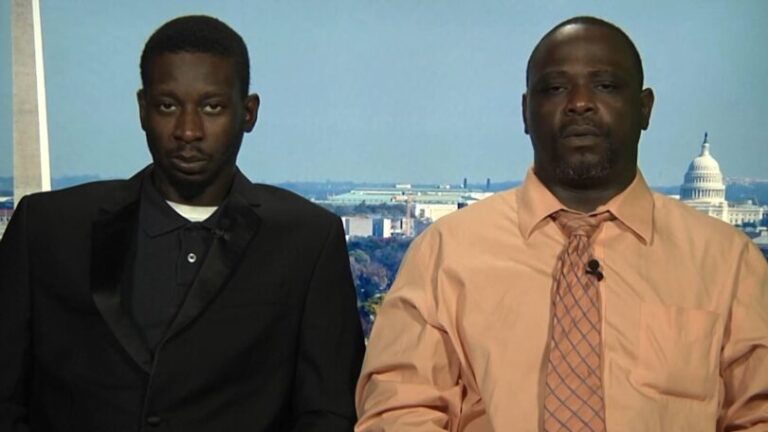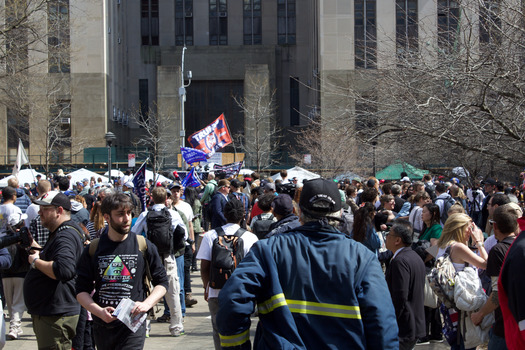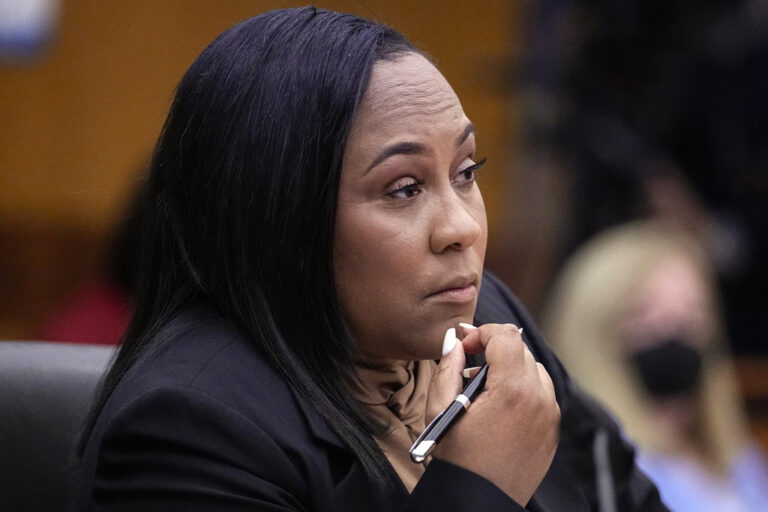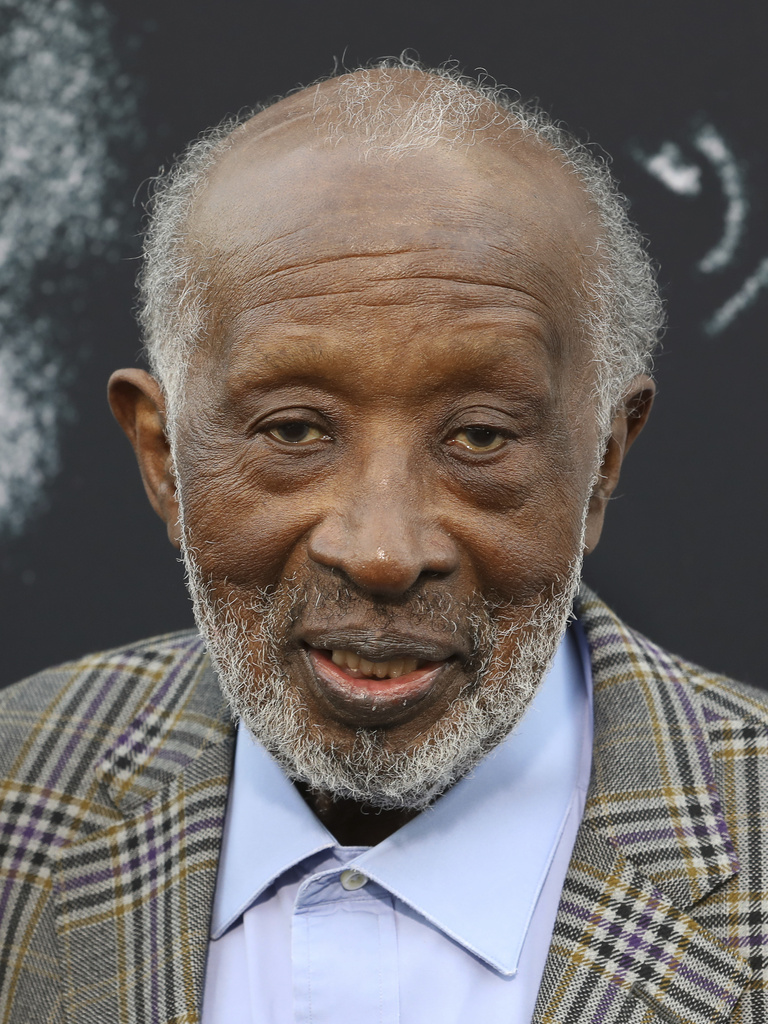By Stacy M. Brown, NNPA Newswire Senior National Correspondent
A grand jury in Fulton County, Georgia, indicted former President Donald Trump and more than a dozen associates for election fraud, racketeering, and other charges related to alleged efforts to overturn the 2020 election.
Trump, the first former president in U.S. history to face criminal charges, has been indicted four times this year for crimes tied to his presidency, perhaps the most divisive four years in American history.
Earlier this year, a civil jury found the twice-impeached former president guilty of sexual assault.
The latest 41-count indictment levels 13 new charges against Trump and brings the total of felony charges against the ex-president to an astonishing 91.
It also presents a real chance that Trump could end up in prison.
Fulton County District Attorney has given Trump and his alleged co-conspirators until noon on Aug. 25 to turn themselves in.
“Subsequent to the indictment, as is the normal process in Georgia law, the grand jury issued arrest warrants for those who were charged,” Willis said.
“I am giving the defendants the opportunity to voluntarily surrender no later than noon on Friday, the 25th day of August.”
She said the state’s role in the process is essential to the functioning of our democracy.
“Georgia, like every state, has laws that allow those who believe that results of the election are wrong, whether because of intentional wrongdoing or unintentional error, to challenge those results in state courts,” Willis said.
She asserted that Trump and 18 co-conspirators engaged in a criminal racketeering enterprise over Georgia’s presidential election result.
Many legal experts had previously opined that Willis’ penchant for employing the Racketeer Influenced and Corrupt Organizations Act (RICO) would play out against Trump.
In 1970, Congress enacted the RICO statute, which broadened the scope of prospective prosecutions against participants in organized crime.
Under RICO, prosecutors can freeze the assets of suspects until the case’s outcome.
If the RICO charge is proven, it could lead to a maximum of 20 years in prison for each racketeering count.
A guilty defendant also loses all assets related to racketeering, including those connected to lawful businesses.
Additionally, a judge could impose financial penalties.
Fulton County Superior Court Judge Scott McAfee has been assigned the case, which Willis said she wants the trial to begin before the end of this year.
In 2022, Willis extolled RICO as a tool to convey the “whole story,” appreciating the intelligence and discernment of jurors who yearn for accurate judgments.
“The racketeering statute does not look simply at a single crime. It tries to look at the big picture of view,” Morgan Cloud, a law professor at Emory University, told CBS News.
The charges lodged against Trump and others, including Rudy Guiliani, attorney John Eastman, and former Trump Chief of Staff Mark Meadows, allege False Statements and Solicitation of State Legislatures, high-ranking state officials, the creation and distribution of false electoral college documents, the harassment of election workers, the solicitation of Justice Department officials, the solicitation of then-Vice President Mike Pence, the unlawful breach of election equipment, and acts of obstruction.
“Trump and the other Defendants charged in this Indictment refused to accept that Trump lost, and they knowingly and willfully joined a conspiracy to unlawfully change the outcome of the election in favor of Trump,” the indictment states.
“That conspiracy contained a common plan and purpose to commit two or more acts of racketeering activity in Fulton County, Georgia, elsewhere in the State of Georgia, and in other states.”
Willis said she plans to try Trump and the other alleged co-conspirators together.
At the heart of the case is Trump’s phone call in which he appeared to pressure the Secretary of State into “finding” him enough votes to win the state.
“All I want to do is this: I just want to find 11,780 votes, which is one more than we have. Because we won this state, and flipping the state is a great testament to the country,” Trump said.
“I only need 11,000 votes. Fellas, I need 11,000 votes. Give me a break.” “It’s just not possible to have lost Georgia. It’s not possible,” Trump said.
The court filing said Meadows attempted to enter an area where 2020 election signatures were being audited.
Willis alleges in the indictment that he sent a text message to the Georgia secretary of state’s chief investigator saying, “Is there a way to speed up Fulton County signature verification in order to have results before Jan. 6 if the trump campaign assists financially.”
Further, the indictment lists Giuliani’s sworn testimony in Georgia after the 2020 election, in which he made false claims about election fraud.
Willis also noted Giuliani’s contacting lawmakers in various states, including to Arizona House Speaker Rusty Bowers.
“During the telephone call, Guiliani made false statements concerning fraud in the Nov. 3, 2020, presidential election in Arizona and solicited, requested, and importuned Bowers to unlawfully appoint presidential electors from Arizona,” the indictment stated.















